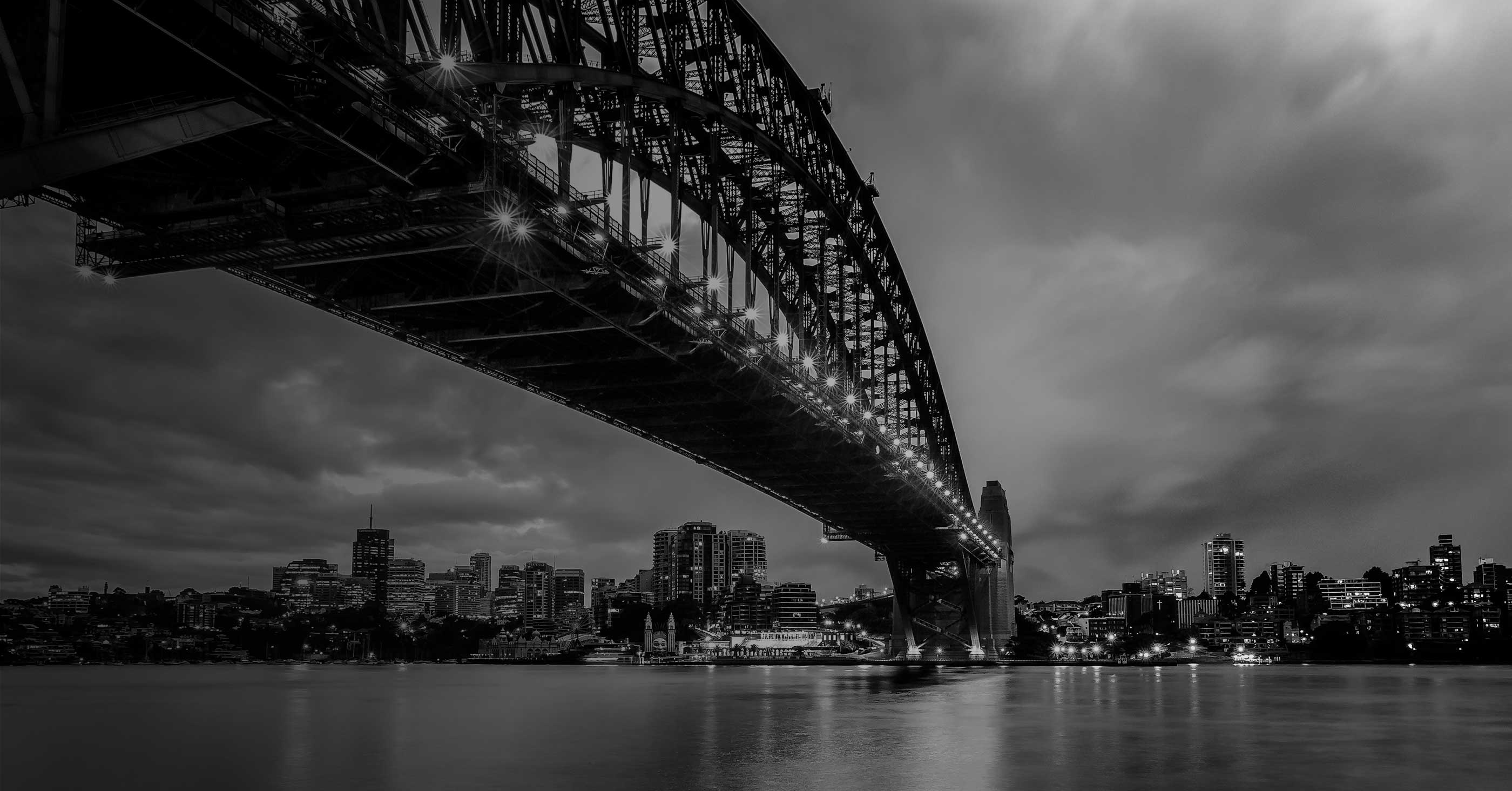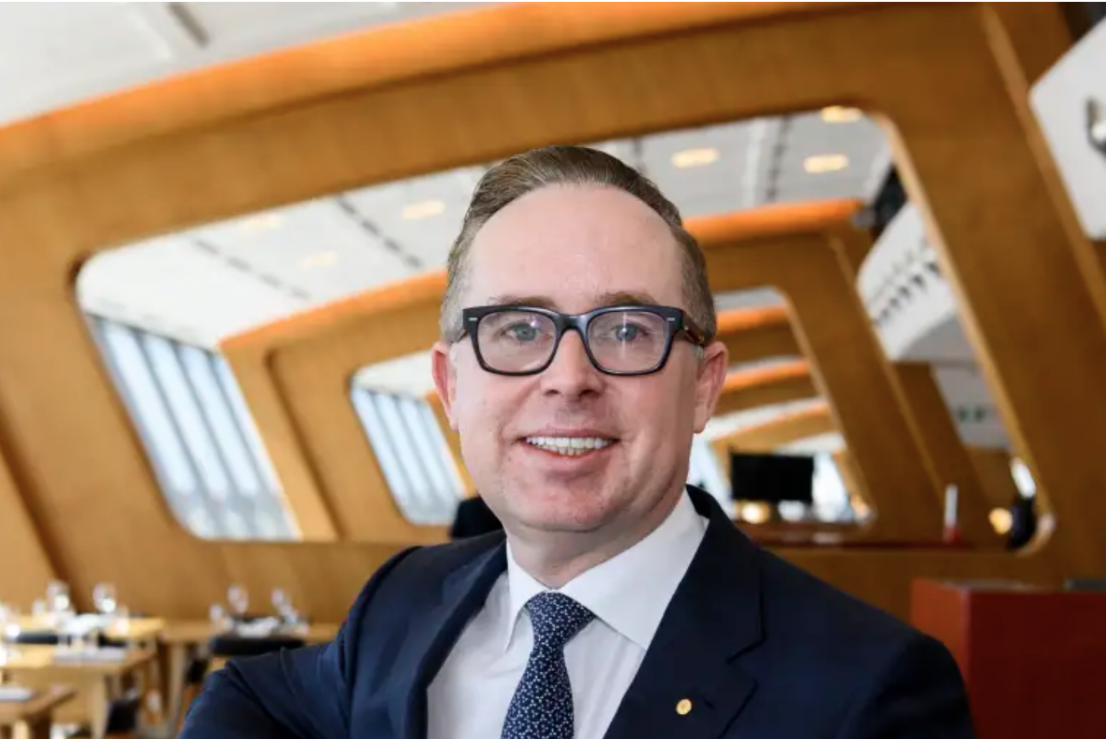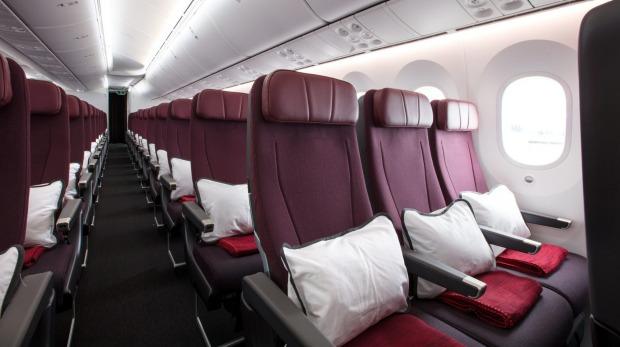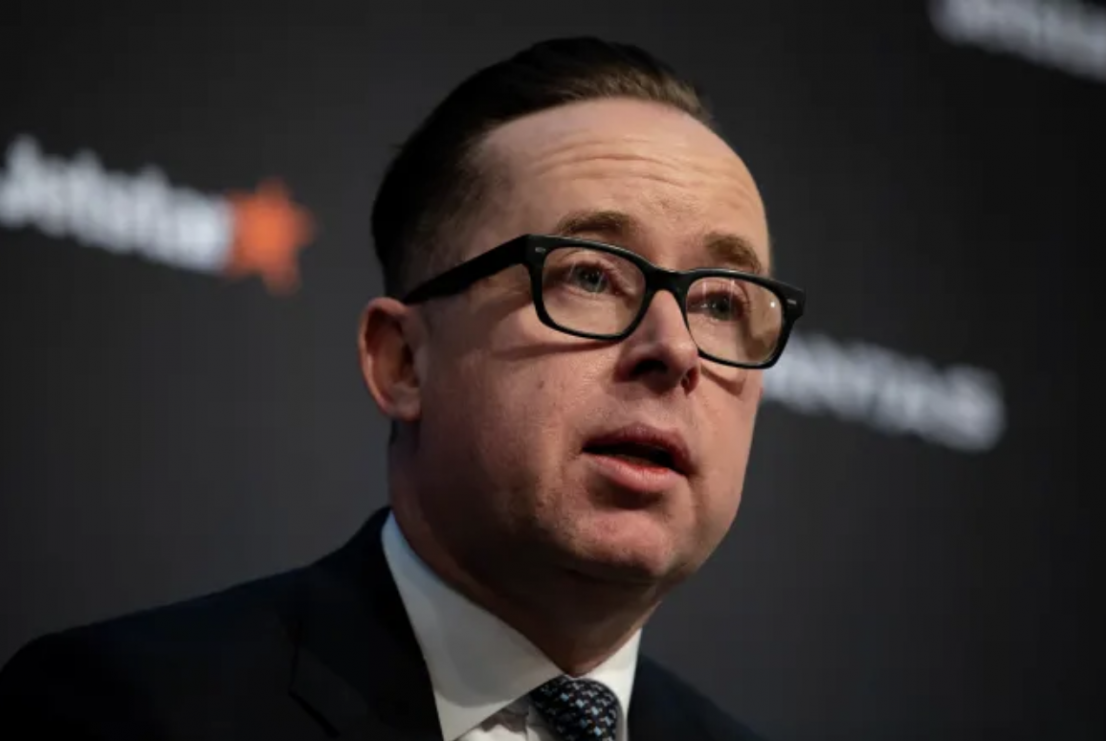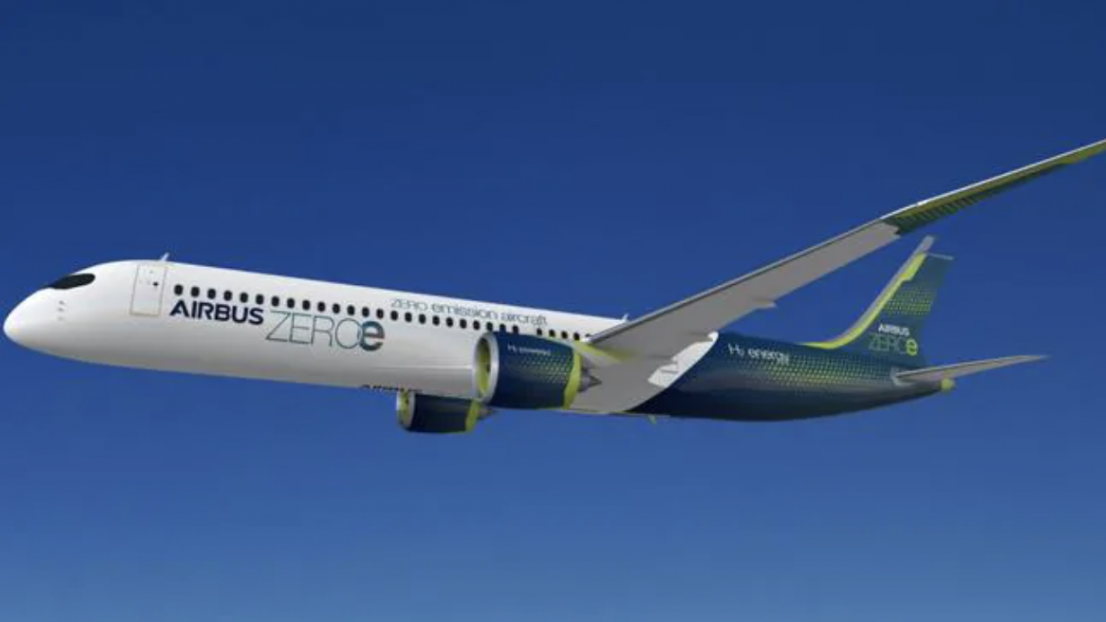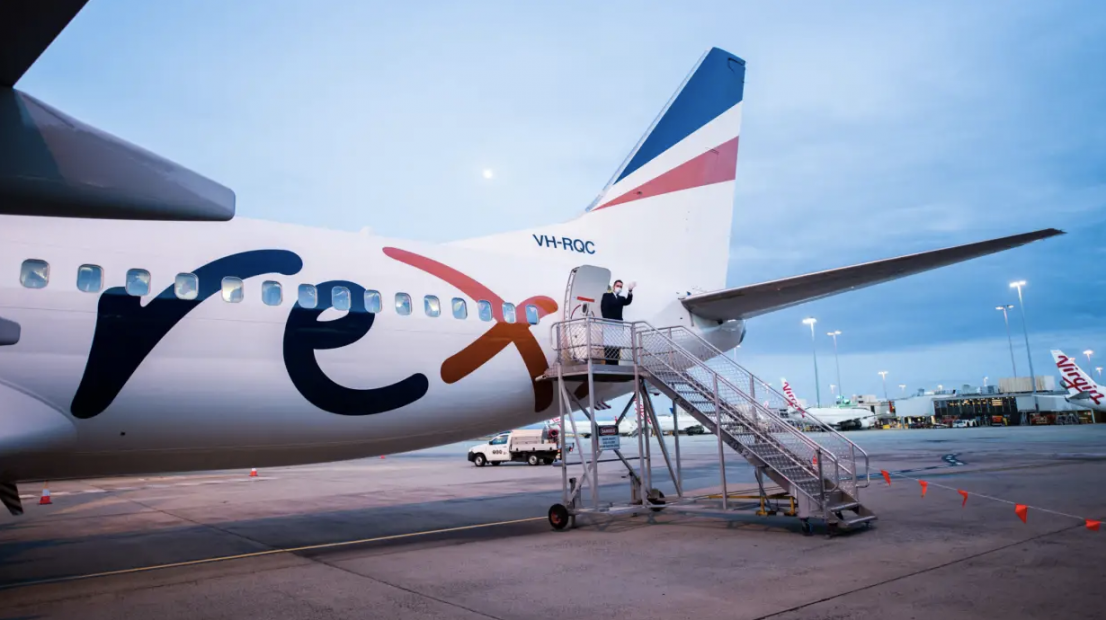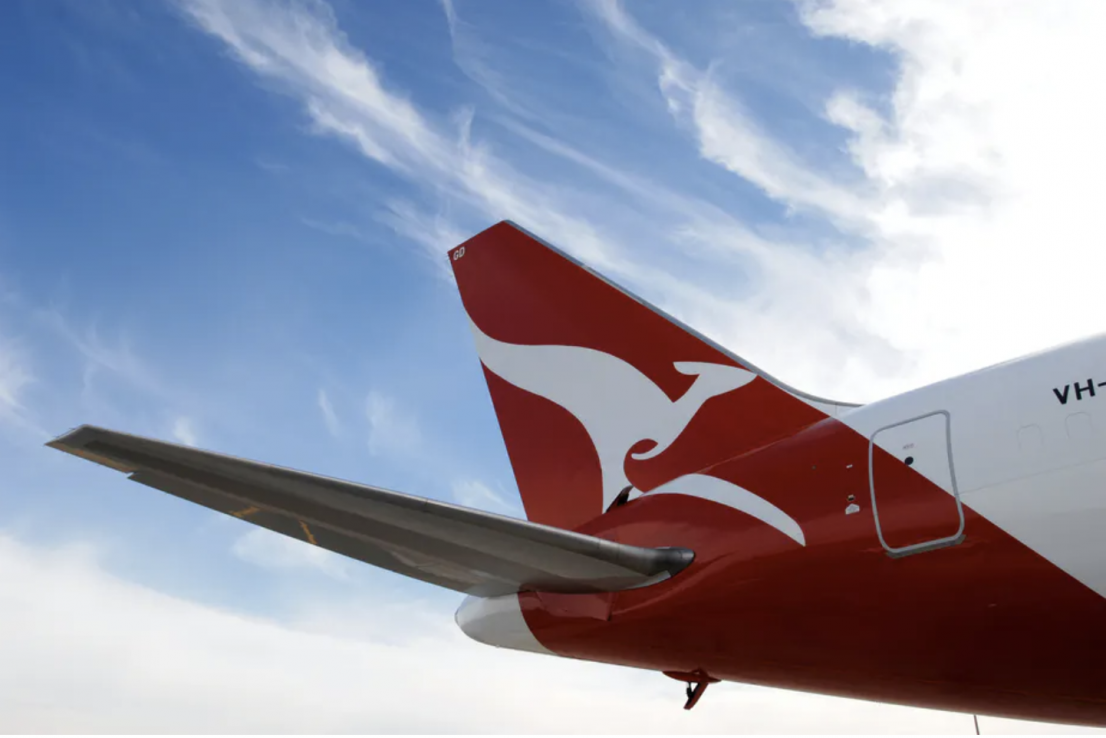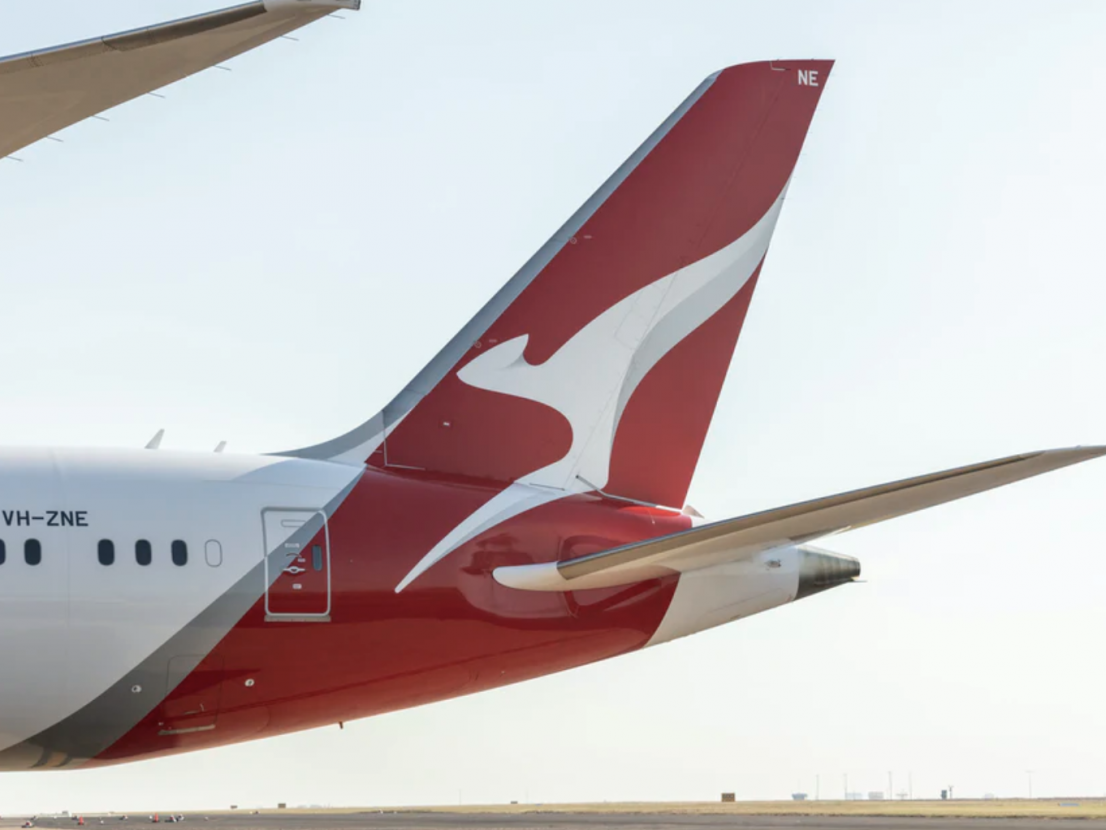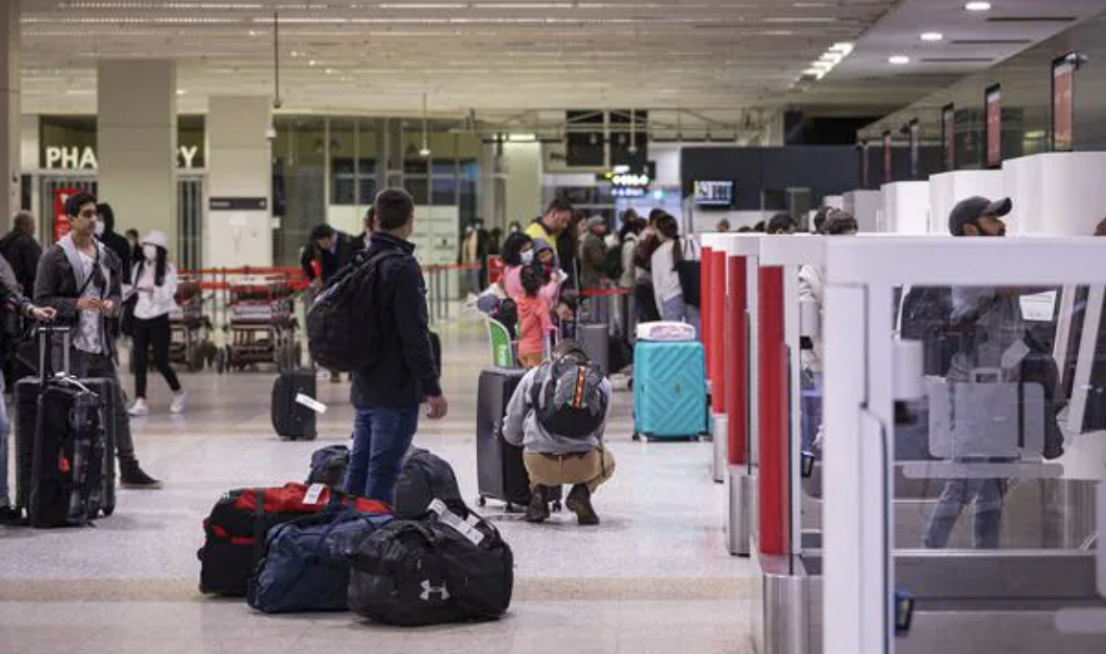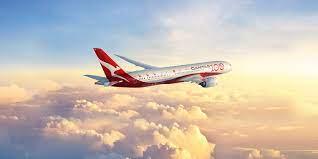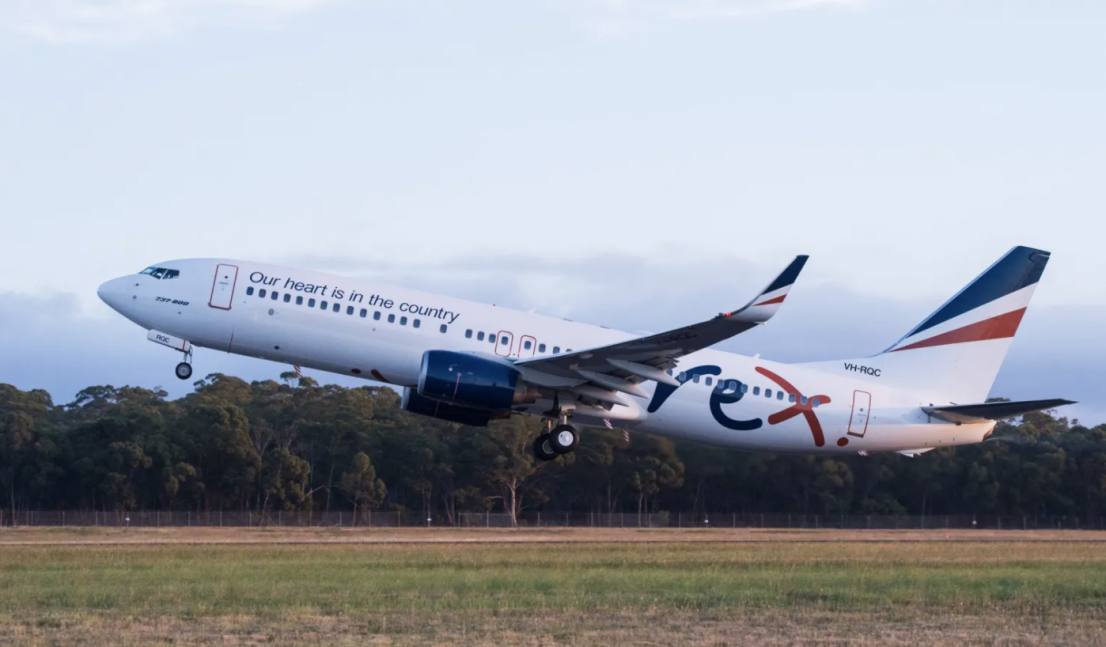
The ASX-listed group launched a Sydney-Melbourne jet service in March, followed by flights to the Gold Coast and Adelaide, after securing $150 million in private equity funding to challenge Qantas and Virgin Australia on domestic air services.
Rex, which flies to around 60 regional and rural destinations, has leased six Boeing 737s and in June said it would fast-track the delivery of four more jets from the end of 2021 to September after receiving a better-than-expected response to its new services.
But on Tuesday Rex’s deputy chairman, John Sharp, said the airline had delayed delivery of those four planes until it knew it could operate without border restrictions or lockdowns.
“We’ve always said that we’ll scale up and scale down according to the circumstance,” Mr Sharp said, after the group reported an underlying after-tax loss of $12.7 million for the 2021 financial year.
“So we’ve delayed those [planes] until such time as things return to normal.”
Mr Sharp said the new jets would probably arrive by the middle of 2022, but warned the outlook for the travel industry remained highly uncertain despite the progress of Australia’s vaccine rollout
Countries with high vaccination rates like the UK, US and Israel had been hit with further waves of COVID-19 outbreaks that had resulted in some form of restrictions, he said. “We expect that vaccination rates are the answer to the problem; it’s just what level of vaccination across the country or across the state before premiers open up borders and remove lockdowns,” he said.
Mr Sharp said Rex’s new capital city services were performing better than expected before NSW and Victoria went into lockdown, but declined to reveal what average load factors (a measure of how full flights are) it was achieving.
The cash flow was better than expected, and we were not losing money in terms of cash,” he said.
Virgin Australia is ramping up the rebuild of its domestic fleet following its bankruptcy last year, saying last week it would lease nine more jets over the next six months. Qantas said last week it expected to be flying at 52 per cent of pre-COVID capacity in the December quarter before jumping to 10 per cent above pre-COVID levels in the first half of next calendar year.
Rex’s share price has fallen 42 per cent from $2.09 at the start of January to $1.20 on Tuesday (when it traded 1.7 per cent higher). Qantas’ shares have risen 4 per cent over the same period.
But Mr Sharp denied investors were losing confidence in its ambitious jet service strategy. “I think people are concerned about the effect that COVID is having,” he said. “Where the problem lies is not in the strategy; it’s in the circumstances that are beyond our control.”
Rex on Tuesday reported a $12.7 million underlying after-tax loss for the 12 months to June 30, after COVID-19 restrictions disrupted operations, compared to a $19.4 million loss in 2020.
Including an adjustment relating to its funding agreement with private equity firm PAG, the statutory loss after-tax loss was trimmed to $4.9 million.
Passenger revenue fell 41 per cent to $125 million but that was offset by $87 million in federal industry grants and subsidies including JobKeeper (up from $62 million in 2020).
Including government handouts, total revenue was $256 million, down from $321 million in 2020 and $317 million in 2019. Rex did not declare a dividend and did not give guidance.

